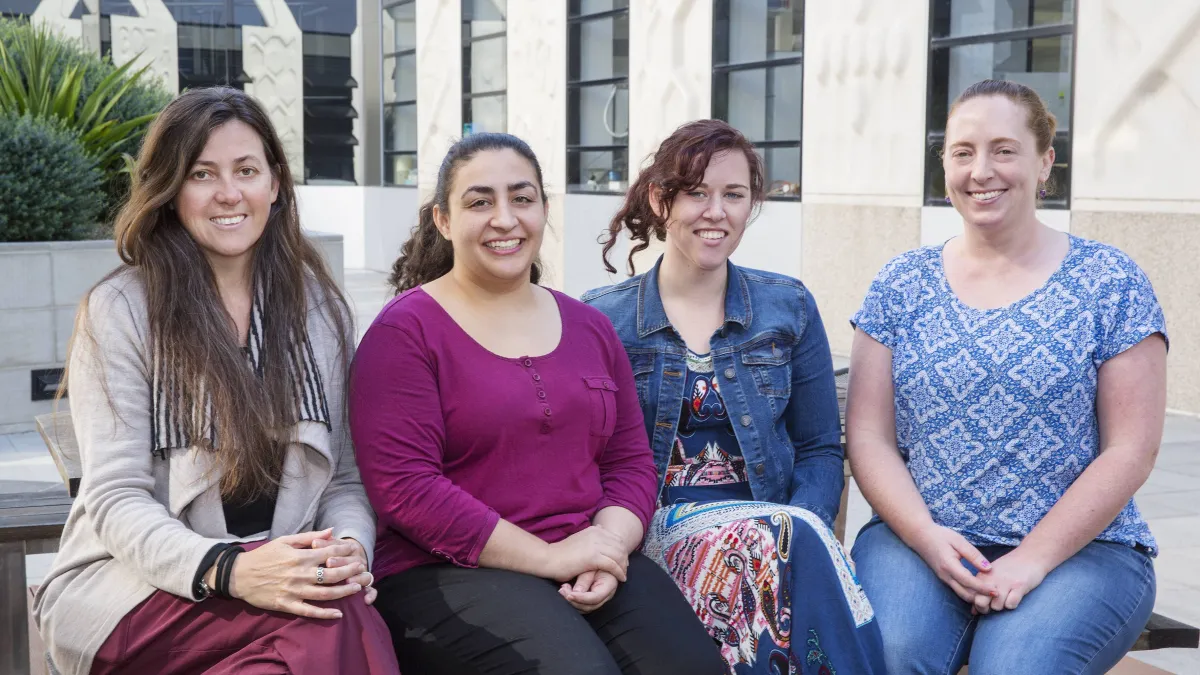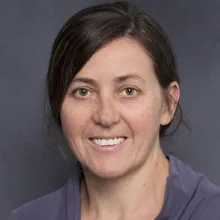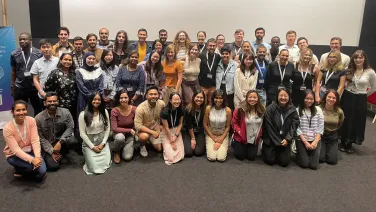The Arkell Group - Maternal-Foetal Precision Health Laboratory
We aim to understand complex molecular processes by which these transcription factors interact with signal transduction pathways, chromatin and RNA.
Research themes
About
The Maternal-Foetal Precision Health Laboratory studies how genome and environmental variation impacts embryonic development. By studying the immediate post-implantation stage of embryonic development (called gastrulation) we seek to understand the genetic and embryological mechanisms by which abnormal gastrulation leads to congenital defects and the way maternal environment interacts with an embryo’s genetic make up to influence birth and life-long health outcomes. Ultimately our work aims to improve strategies for diagnosis, prognosis, treatment, and prevention for children born with a variety of diseases and disorders.
Professor Ruth Arkell began her career at the University of Sydney (BSc and Honours), before moving to the UK to undertake PhD and post-doctoral research and to establish a laboratory at the Mammalian Genetics Unit in Harwell, Oxfordshire, obtaining competitive Fellowships for all stages of her career. She was recruited to ANU’s Research School of Biological Sciences in 2006 and was awarded a Senior Viertel Medical Fellowship. In 2016 she moved within ANU to JCSMR. Throughout her career, she has pioneered the use of the mouse and stem cells as models for precision health; she has been involved in the sequencing of the mouse genome, mutagenesis screens to identify models of human disease and the development of whole-genome phenotyping tools, including transcription profiling and automated image analysis.
We collaborate with clinicians across Australia, America, Europe, and the United Kingdom to determine if patient-specific DNA variants are pathogenic, to determine the molecular and embryological mechanisms of disease, to identify new genes, RNAs and genetic elements that contribute to disease and to determine how maternal exposure to teratogens damages embryos and how maternal and foetal genomes alter the teratogenic response of the embryo. To achieve our aims, we use genetic models (mouse and human induced pluripotent stem cells in 2D and 3D culture), advanced phenotyping tools (single cell omics, 3D imaging, live imaging, and spatial omics) and computational biology.






